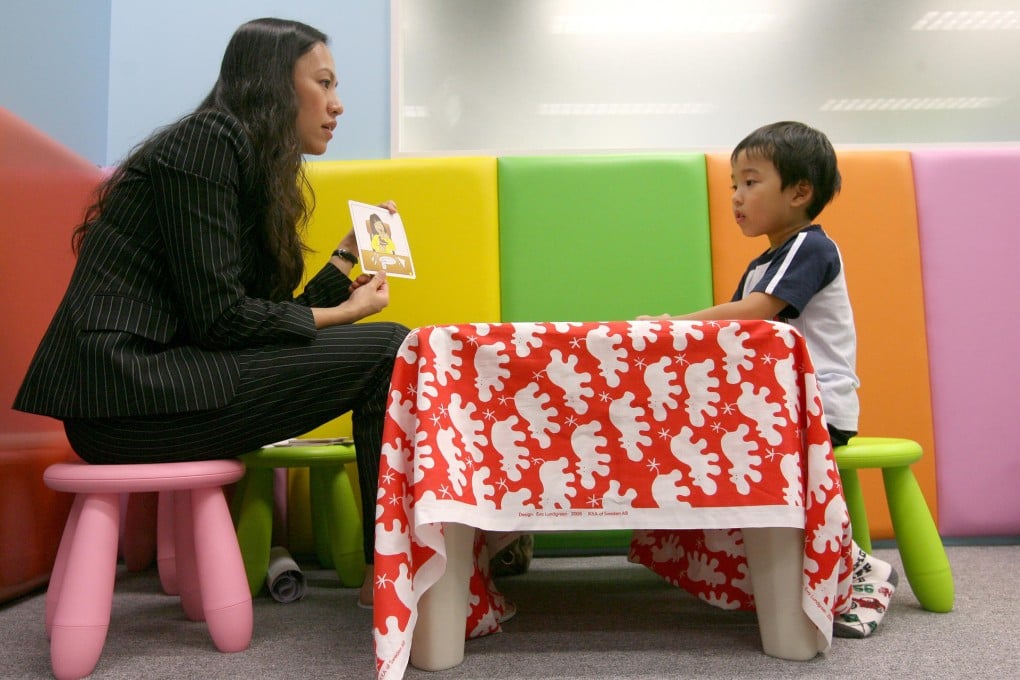How to help your child succeed in a school interview
My children have school interviews next year, and I want to start planning now. What can I do?

An interview is a brief opportunity to display a lifetime of learning. Students are expected to be able to interact with strangers and present themselves in a positive light.
This is challenging at any age but is particularly daunting for a young child. Without focusing on either interviews or schools, you can start to build up your children's social and cultural skills so that they are prepared for any future encounters.
First impressions are invaluable, and a child who is socially confident and adept will make a good one. Your children need to be comfortable greeting and interacting with adults. To develop this skill, encourage them to acknowledge people you encounter.
Initially, you may want to give them specific instructions ("say 'good morning' to auntie"). Help them to develop and sustain good eye contact. More formal teachers will be impressed if your children take the initiative to introduce themselves.
The key to an effective interview is an active conversation rather than a question-and-answer session. To move past being a passive respondent, your children need to be able to respond to and initiate conversational topics.
Encourage your children to join in social events and use family gatherings as an opportunity for them to participate in discussions.